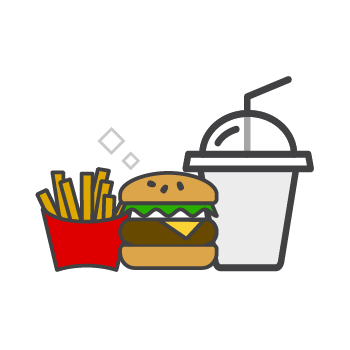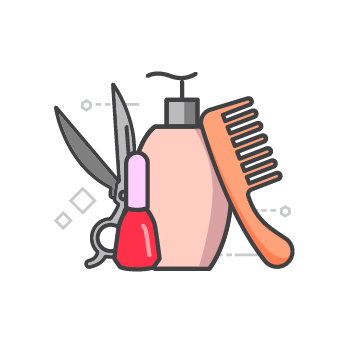Six Crucial Things to Consider Before Becoming Vegetarian
by Carolyn Lee Apr 1, 2024

A vegetarian diet is appealing to many people for various reasons. Some desire a positive diet change, while others are motivated by health benefits or a deep concern for animal welfare. Transitioning to a vegetarian diet can be a significant change, and feeling overwhelmed is normal. You’re not alone in this journey. We have a few helpful tips if you are considering becoming a vegetarian.
What is vegetarianism?
Vegetarianism is a dietary pattern that involves the consumption of plants. Some types of vegetarianism include excluding meat, fish, and dairy products (veganism) or eating eggs and dairy products but avoiding meat and fish (ovo-lacto-vegetarianism). People with a pesco-vegetarian diet eat fish, eggs, and seafood but avoid meat.
Health advantages of vegetarianism.
There are some advantages to a vegetarian diet if followed correctly. These benefits include promoting bone health, lowering blood pressure, helping to prevent or treat Type 2 diabetes, and improving heart health.
Are there risks associated with a vegetarian diet?
Some concerns about vegetarianism include the risk of deficiencies (protein, vitamins, and minerals) since vegetarians do not typically eat as many calories as non-vegetarians. It’s a good idea to speak with a dietician for guidance on foods to eat or supplements you can take to prevent deficiencies.
Tips to consider before trying a vegetarian diet.
Research is crucial: It’s good to research on your own to familiarise yourself with the expectations of a vegetarian diet. A dietician can advise on the foods you can eat to enjoy a healthy diet without meat, fish, or poultry. Look for nutrient-rich vegetarian recipes, and follow social media content creators who are vegetarian for additional support and ideas.
Take it slowly: Changing your diet involves learning new recipes, meal prep, knowing what foods to avoid, and where to find affordable organic produce. Start by reducing your pork, beef, chicken, or fish intake. You can also try a vegetarian diet a few days of the week or eat vegetarian until dinner time.
Decide what works for you: Create meal plans that suit your lifestyle and what your body needs. You might notice cravings based on your old diet. Give your digestive system and body time to adjust.
Read the ingredients of non-vegetarian products: Some sauces (ragù, Worcestershire sauce, etc.), jellies (gelatin – collagen from animals), and mousse (eggs and cream) contain animal products to add different flavours or can change the consistency. So, check the food labels (ingredients), especially if you prefer a strict vegetarian diet.
Plan for eating out: Most restaurants offer vegetarian or vegan options, but sometimes the selections are limited. Call or go online to check the restaurant’s menu to see what’s available. Once you know what’s available, you can choose what you want to try or find another restaurant with a more extensive offering of vegetarian dishes.
Find the right snacks: Most of us enjoy snacks, and a change in diet will result in changing what you snack on. Your vegetarian journey will lead you to new ingredients, including substitutes for some meat dishes. You might start eating more nuts, fruits, and vegetables for snacks. What’s great is that hundreds of recipes are online to help you develop a robust vegetarian diet.
Although the benefits of vegetarianism are inspiring, it is wise to have professional guidance when changing your diet. You must consult your doctor or relevant health-care specialist before changing your diet, especially if you have digestive or other serious health concerns.
We hope this article serves as a guide you can use if you are considering a vegetarian diet. Please use Find Yello for dieticians or to search for businesses like supermarkets, grocery stores, wholesalers, and related companies with the needed products.
Sources: Medical News Today, Everyday Health, Healthline, BBC Good Food, NHS and The Wimpy Vegetarian.








